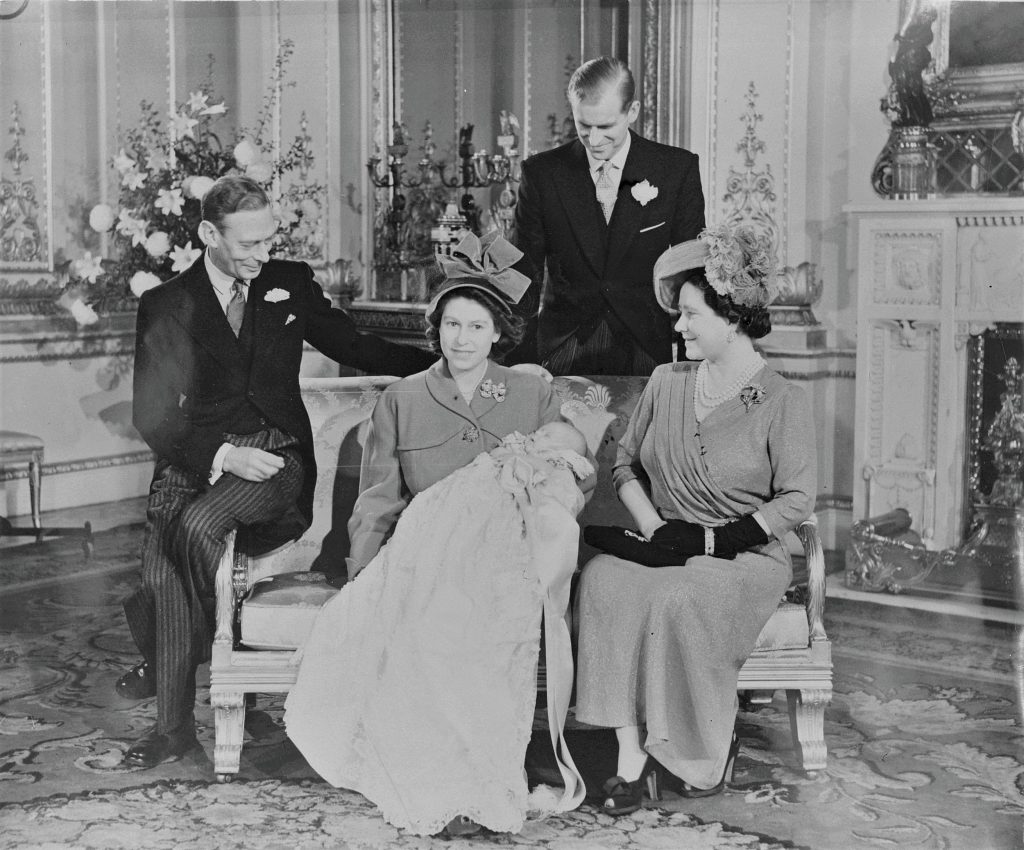Regnal names can be tricky to choose, but when you have been known by your family and the world as Charles for 73 years, why would you suddenly want to change it so late on in life? For the Prince of Wales, this is not a hypothetical question. New monarchs will make one of the most important decisions of their reign at the very beginning: what regnal name will they and their legacy be known as? With his mother now 95, it is a question which is also becoming more pertinent and may need an answer soon. Will he be Charles III?
Regnal names before Victoria
There was a time when a monarch’s regnal name did not vary from their birth name. It was a given that William of Normandy would be called William I and that James VI would keep his Scottish name when he became King of England, even if he adopted a new regnal number.
When Edward I named his eldest son John, he did so with the full intention that he would become King John II. There was no negative connotations with the name then as there is now to make him think that his son would change his name on accession. Similarly, Henry VII carefully named his firstborn, fully expecting that he would become King Arthur I.
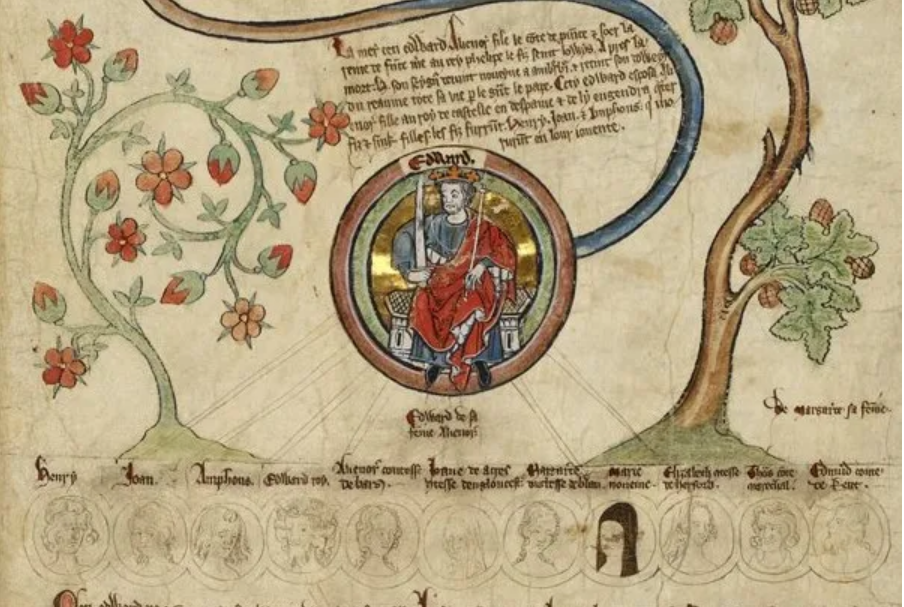
One exception to this was Robert III of Scotland who petitioned parliament in 1390 to change his name from John Stewart. The reason is unknown, but it was probably due to the fact that he wanted to distance himself from John I (Balliol) who was widely seen as a traitor in Scotland. Instead, he chose Robert, a direct link to John Balliol’s enemy and the king considered the saviour of Scotland against the English – Robert the Bruce.
Missed opportunities
Names have been given to heirs which would have greatly widened the variety if they had lived. Edward III’s third son was heir apparent for 9 years and would have become King Alphonso I. Had Edward II died in childhood like his older four brothers we would have had a King Thomas I. If Henry IV hadn’t usurped the throne, Richard II would have been succeeded by King Edmund I. There was also nearly a King Frederick I (known colloquially as Fred) and a Queen Charlotte I.
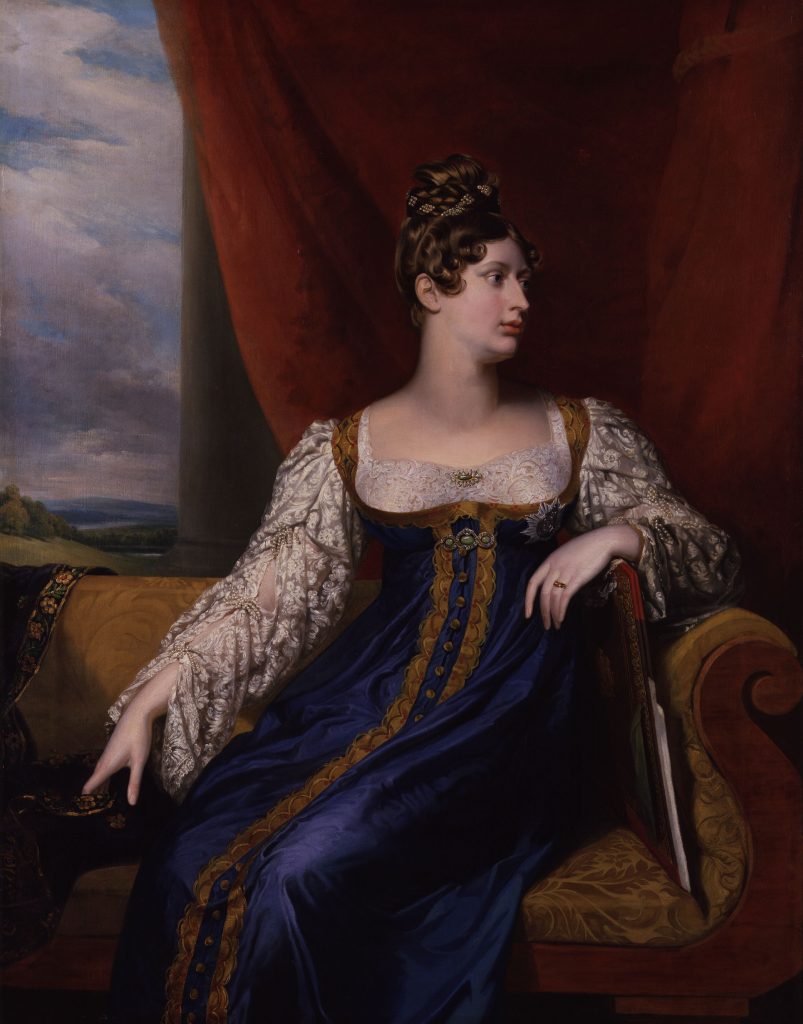

Queen Alexandrina?
The tradition of automatically accepting the birth name as the regnal name changed with Queen Victoria, or rather, Alexandrina Victoria of Kent, who opted to take her second name as her regnal moniker when she became queen in 1837. One reason may have been because she was never actually meant to be called Alexandrina. Her parents had proposed Victoire Georgiana Alexandrina Charlotte Augusta but the final decision lay with the Prince Regent. He immediately objected to Georgiana due to its placement before Alexandrina which was being given in honour of the Russian Tsar. He then left the parents waiting until the christening before he gave a pronouncement on the other names, and then only reluctantly. Brusquely, he agreed to Alexandrina first and then, when the baby’s mother began crying, ‘Give her the mother’s name also, then, but it cannot precede that of the emperor.’ It was hardly an auspicious start and although they at first called her ‘Drina’ she became known as Victoria from about the age of four.
There was talk that she should change her name to something other than Victoria when she became queen – Elizabeth and Charlotte were suggested by Parliament in 1831, but Victoria decreed she wanted to keep her own name.
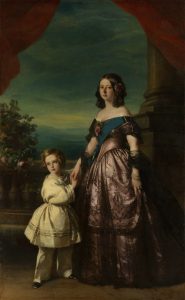
King Albert I and II

Two other kings have followed her example – her son and great-grandson. Coincidently, or maybe not, both were called Albert. The first chose the very traditional English name, Edward, to become Edward VII, although there had also been an Anglo-Saxon king with that name. It tied this very German family to the deep roots of the English nation. If Victoria had intended for him to carry his father’s name to the throne as Albert I, she would not have been not amused (sorry, couldn’t resist!). Edward proclaimed:
‘I have resolved to be known by the name of Edward, which has been borne by six of my ancestors. In doing so I do not undervalue the name of Albert, which I inherited from my ever-to-be-lamented, great and wise father, who by universal consent, is, I think, deservedly known by the name of Albert the Good, and I desire that his name should stand alone.’
Thirty-five years later Albert, duke of York, made the same decision, choosing to be named George in honour of his father, George V.
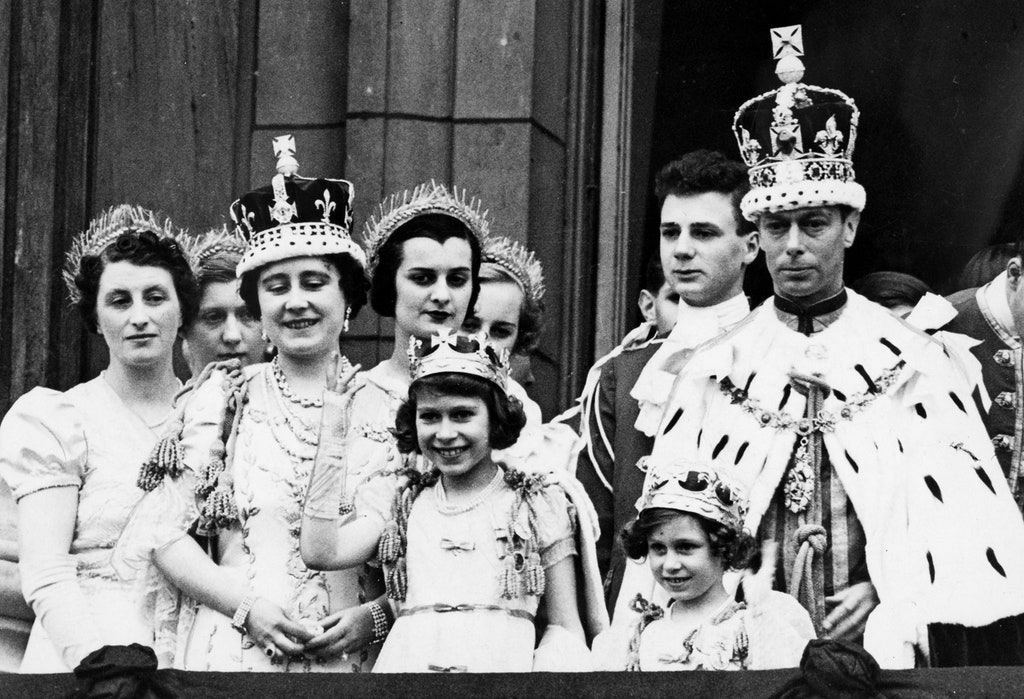
King Charles III?
So what about Charles, Prince of Wales? After so many years as Charles there is a lot to be gained by keeping the name. For one, there would be a sense of continuation if he stayed by the name we all know, at a time when the country will be in the process of such huge change. But Charles has always said that he sees the roles of Prince of Wales and King as very distinct entities and so a change of name might be just the thing to reflect that. Besides, would we all get a bit confused if we start having to call him something else?
It’s also been suggested that his causes might suffer if they are no longer identified with Charles, but his passion is so public that it is unlikely that people will suddenly stop recognising his support if he answers to another name. It’s also possible that some of those causes might retain their connection with the designation of the Prince of Wales through William rather than transferring to the king.
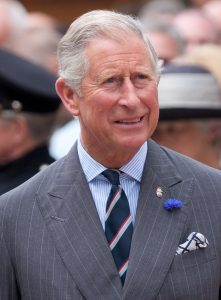
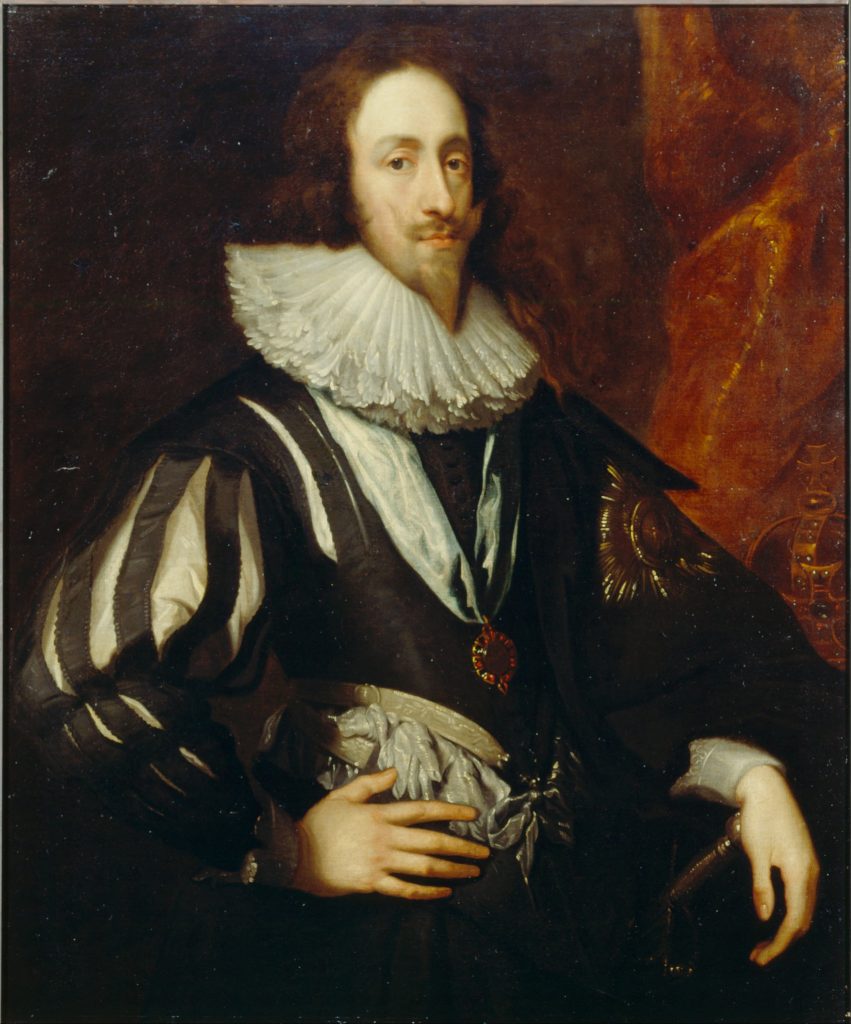

The most obvious reason why he might change his name is because of the legacy of its previous incumbents. Charles I lost his crown and his head during the War of the Three Kingdoms/English Civil War, and, given some of the problems that the family have been facing over the last few years, he might not want to give anyone ideas. But, as The Guardian reported, a lot of people won’t be familiar with the history, whilst others won’t necessarily marry one man’s fate with another.
There is, of course, one other motive for choosing not to be known as Charles III – it has already been taken. Charles Stuart, grandson of the ousted James II, claimed the throne and title until his death in 1788. It was never acknowledged, and you wont find him called it in any history book, but the current Charles might want to stay clear of the name all the same.
Philip, Arthur and George are seen as the most likely contenders for an alternative. George VII will probably have it in honour of his grandfather, although Prince Philip’s death might make him stop and think for a bit. But he can chose any name he wants – so maybe there is still a chance of us getting a King Alphonso I after all.
